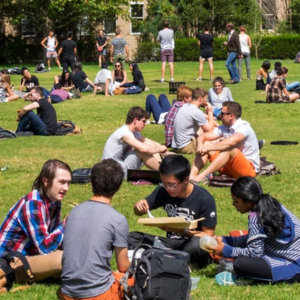Education plays a critical role in promoting sustainable development, providing individuals with the knowledge and skills to address complex environmental and social challenges.
One of the primary ways that education promotes sustainable development is through environmental education. Environmental education involves learning about the natural world, understanding environmental issues, and developing the skills and knowledge needed to address these issues. This can help to promote a more sustainable approach to resource use and management and encourage individuals to take action to address environmental challenges.
Education can also promote social sustainability, by providing individuals with the knowledge and skills needed to address social issues such as poverty, inequality, and social injustice. This can help to promote a more just and equitable society and encourage individuals to take action to address social challenges.
In addition, education can promote economic sustainability by providing individuals with the knowledge and skills needed to develop sustainable economic systems. This can involve learning about sustainable business practices, renewable energy, and other sustainable technologies and practices that can help to promote economic growth and development while minimizing environmental impacts.
Finally, education can promote sustainable development by developing critical thinking and problem-solving skills. These skills are essential for addressing complex environmental and social challenges and finding innovative solutions that balance economic, social, and environmental sustainability. In conclusion, education plays a critical role in promoting sustainable development by providing individuals with the knowledge and skills needed to address complex environmental and social challenges. Environmental education, social sustainability, economic sustainability, and critical thinking and problem-solving skills are all ways that education can promote sustainable development.



